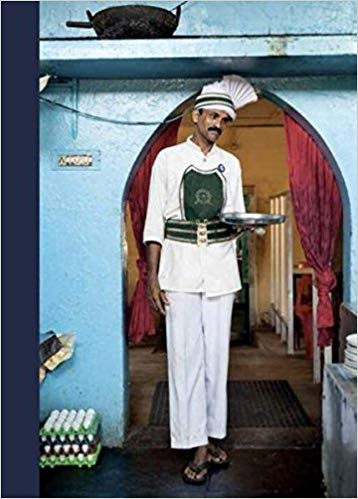I consider myself a lucky person to have grown up in one of those rare towns of North India where the Indian Coffee House survives and flourishes. The Indian Coffee House, which is a worker run cooperative, still functions in about twenty cities of India and has most of its branches in the State of Kerala.
This beautifully presented photo book is a tribute to this institution, which in the post-Independence years had come to symbolize the austere leisure space of the thinking Indian. Not only this, its emergence as an institution that snatched its administration from its owners, who first, were British, and then an Indian elite, itself is a story of India’s emergence from colonial rule looking towards Nehruvian socialism. The culture of these Coffee Houses came to signify a certain urban Indian attitude that was looking at postcolonial optimism. The Indian Coffee House became a hub for people who were engaged in intellectual, political and creative activities. Here they would spend hours discussing ideas. Others too came, some to just loiter away time, others to fall in love, or to entertain their families.
Stuart Freedman, a British photographer who came to live in Delhi in the 1990s, took to the Coffee House culture like fish to water. Having grown up in the 1970s in a working class area of London, the Indian Coffee House reminded him of the cafes in his neighbourhood which spawned the counter- cultural revolution of the 1950s and 60s in England.

